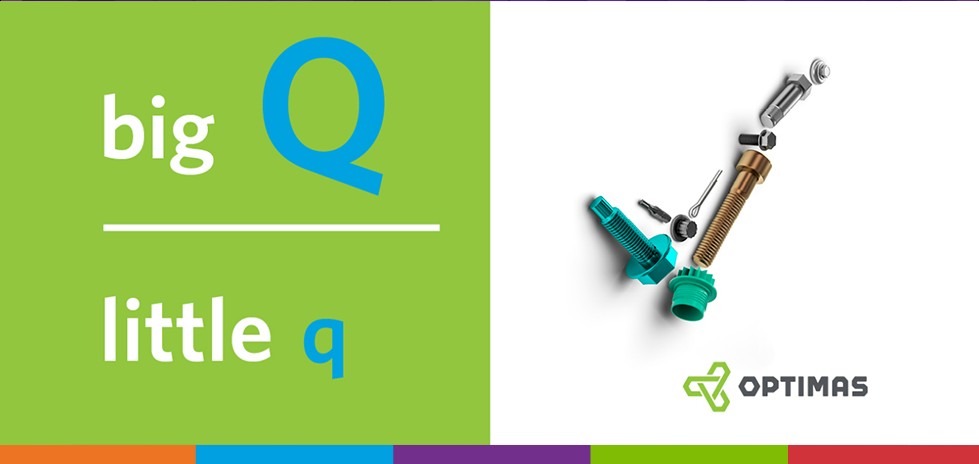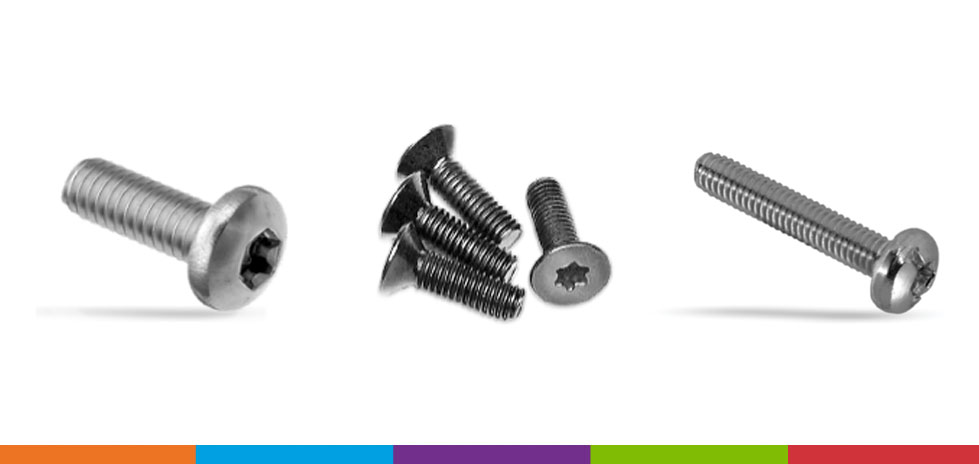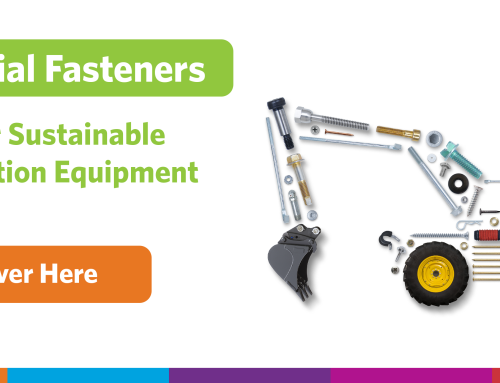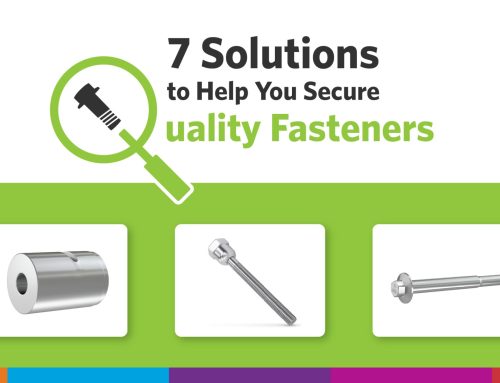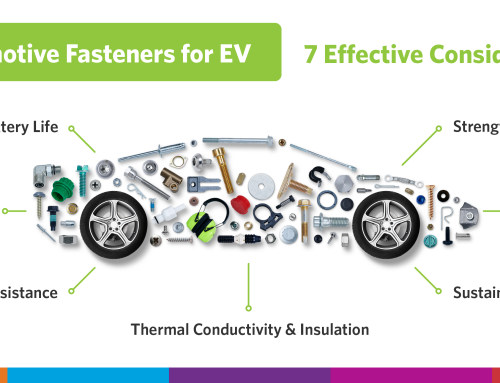
3 Ways Fasteners Can Impact Vehicle Performance
Subject to increasingly strict quality, safety and environmental requirements, automotive manufacturers are arguably facing their toughest production period yet. As the automotive sector embraces advancements brought on by Industry 4.0 and zero-emissions vehicle technologies, however, it’s easy for manufacturers to lose sight of critical parts, automotive fasteners.
Fasteners may make up just 1% of a project’s budget, but they often constitute over 50% of a product’s parts, so it’s crucial manufacturers use reliable, quality fasteners to optimise vehicle performance and safety. However, one study suggests only 40% of manufacturers understand the importance of making these smaller parts a priority.
As key mechanical components in a vehicle, poor quality fasteners or improper installation can massively impact a vehicle’s durability and longevity and, in worst case scenarios, can even fail to hold the car together. Automotive fasteners should therefore be made of high-quality materials and thoroughly tested before they are put to use in a vehicle application, to avoid impinging on vehicle performance. Manufacturers should also prioritise batch and quality traceability to easily identify and rectify problems further down the line.
Here are three ways that fasteners can impact vehicle performance:
- Vehicle Range
A vehicle’s weight can massively impact its fuel efficiency, and therefore its range. A 10% reduction in vehicle weight can result in a 6-8% improvement in fuel economy, so using lightweight fasteners is crucial. Changing a fastener’s geometry can reduce their overall weight by as much as 35%, so re-engineering your automotive fasteners can have a significantly positive impact on a vehicle’s performance.
Vehicle range considerations are becoming increasingly important for electric vehicle manufacturers, as using heavier parts can very negatively affect battery performance, and significantly deplete a vehicle’s range.
2. Vehicle Durability
Evidently fasteners are relied upon to hold crucial vehicle elements together, so it’s vital that they’re able to withstand significant weight, temperatures and chemicals. Fasteners need to meet high tolerance demands, bearing loads between 65-90% of their yield strength so they don’t loosen in their application, or worse, break. Automotive fasteners also need to be able to withstand significant vibration to effectively hold the car together. Alongside subjecting a fastener to torque tensile testing during the design stage, washers can be put in place to optimise fastener tightness.
Automotive fasteners also need to be highly corrosion resistant to withstand environmental conditions, like extreme heat and cold, salt from gritted roads, as well as chemicals used in processes like car washing. Using fasteners that are PPAP 3 certified, and made of materials like stainless steel, titanium and treated aluminum alloys, can increase a vehicle’s durability by ensuring its key components are optimised for different environments and temperatures.
3. Vehicle Safety and Emissions
Poor quality fasteners, ones that haven’t been effectively tightened and fasteners used in the wrong application can impinge on a vehicle’s safety, by affecting factors like steering control and the car’s overall structure and durability. The weight of fasteners used can also impact safety, as a heavier car will do much more damage in a collision.
Alongside this, if a car is made much heavier by its fasteners not only will it produce more harmful emissions by being less fuel efficient, but it’s more likely to suffer from intense tyre wear.
With fasteners impacting a vehicle’s longevity, durability and safety, then, it’s crucial that automotive manufacturers consider the type, makeup and quality of these smaller parts to optimise their vehicle performance.
Optimas is an award-winning, leading global supplier and manufacturer of fasteners for any vehicle application. With over 100 years’ experience supplying the automotive industry, we can help you drive efficiency across your manufacturing operations. Contact us to optimise your product quality.

